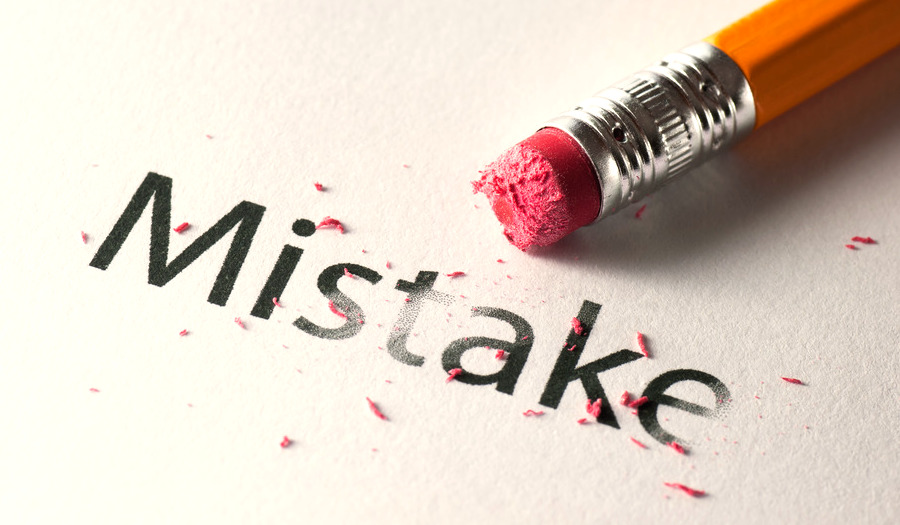Mistakes: What Can Be Excused and What Should Never Be Regarded as Such


Mistakes are an inherent part of being human. They are bound to occur at some point in our lives, as we navigate through various tasks, decision-making processes, and relationships. While some mistakes can be forgiven and excused due to their nature or intention, there are certain acts that should never be regarded as mere mistakes. Let’s delves into the different categories of mistakes, exploring what can be excused and what should never be regarded as such.
Mistakes that can be excused:
1. Accidental or unintentional errors: Accidental mistakes can occur due to lack of information, misunderstanding, or unforeseen circumstances. In such cases, if no harm or damage is caused, they are often excusable. Instances like mixing up dates or minor clerical errors fall under this category.
2. Learning and growth experiences: Mistakes made during the process of learning, be it in academia, professional life, or personal affairs, should generally be excused. These mistakes often help us gain valuable insights, develop skills, and refine our abilities. They contribute to personal and professional growth, ultimately leading to better decision-making in the future.
3. Genuine apologies and redemption: People are prone to making mistakes, but sincere remorse and efforts to make amends should be recognized. When an individual takes responsibility for their actions, shows genuine remorse, and takes steps to rectify the mistake, it becomes easier to excuse them. This allows for personal growth and the restoration of trust and goodwill.
Mistakes that should never be regarded as such:
1. Intentional harm or malicious actions: Actions that deliberately cause harm to others cannot be excused as simple mistakes. Whether it involves physical violence, emotional abuse, or any form of intentional harm, such actions should never be regarded as mere mistakes. These behaviors are rooted in negative intent and require appropriate measures for resolution and accountability.
2. Repeated, unapologetic behavior: When a mistake is repeated over time without genuine remorse or any attempt to change, it ceases to be excusable. A pattern of harmful actions or a deliberate refusal to learn from one’s mistakes demonstrates a lack of empathy and suggests the need for deeper introspection and potential consequences.
3. Violation of ethical or legal boundaries: Mistakes that transgress ethical or legal boundaries should never be regarded as mere errors. These can include fraud, deception, or any action that intentionally undermines trust, fairness, or the well-being of others. Boundaries set by society are devised to protect individuals and promote justice, and any violation demands accountability.
Mistakes are valuable opportunities for growth and self-reflection. While some can be excused due to their accidental or unintentional nature, genuine remorse and redemption, there are certain acts that should never be regarded as mistakes. Intentional harm, repeated unapologetic behavior, and violations of ethical or legal boundaries require proper consideration, accountability, and resolution. Recognizing the difference between excusable mistakes and those that require appropriate consequences is crucial for fostering personal, professional, and societal well-being.
